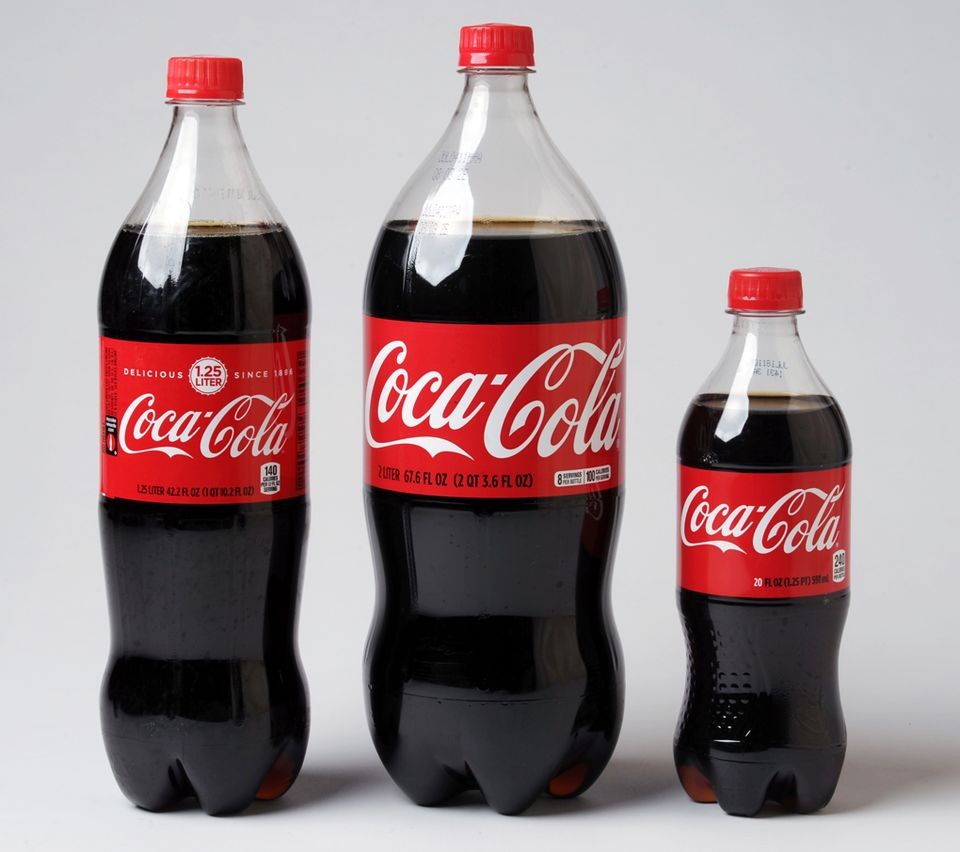
But earlier today, an Alameda County Court commissioner ruled against the soda companies, writing that the soda tax is in fact only a tax on soda.
“A court just declared what I’ve been saying — that soda’s entire $10 million campaign is a lie,” Oakland Councilmember Annie Campbell Washington said after the ruling. She explained that the beverage companies have reportedly made millions of dollars of ad buys in the Bay Area to fight Oakland’s tax, and similar proposed taxes in San Francisco and Albany.
The lawsuit was part of the soda industry’s strategy to brand the sugar-sweetened beverage tax a “grocery tax” that will affect the price of milk, bread, vegetables and other foods.
“The court finds that the sentence ‘the tax is not paid by your local grocer’ is not false,” Commissioner Thomas Rasch wrote in his ruling.
Rasch also didn’t agree with the soda attorney’s concept of economics. For instance, “Big Soda” lawyers argued that distributors would pass the levy on to grocers, thereby transforming the soda tax into a tax on retailers. But Rasch wrote that the grocery stores would likely pass the same tax onto consumers.
“If the local grocers act as a pass through entity, then they will suffer no economic harm from the soda tax,” Rasch concluded.
The soda-company attorneys also tried to have language from the ballot measure deleted. They specifically wanted wording that stated that there is a soda-tax exemption for small businesses.
According to the lawsuit, the soda-tax ordinance exempts distributors who have less than $100,000 a year in gross receipts. The soda industry lawyers cited a federal definition of small grocery businesses as having up to $32.5 million in gross receipts.
But Rasch ruled that there are a multitude of different definitions of a small business, so it’s not inaccurate for the pro-tax argument in the official voter pamphlet to state that small businesses will be exempted.
“Today’s ruling may affect the ballot arguments, but it doesn’t change the facts,” said Joe Arellano, a spokesman for the No On HH campaign. “Once voters do their own research and read the fine print, they’ll see that they’re actually voting on a grocery tax that affects distributors like local grocery stores and mom and pop corner stores, not on a soda tax.”
The court ruling is a blow to the soda industry. The American Beverage Association has spent $747,267 so far against Oakland’s sugar-sweetened tax ballot measure.












